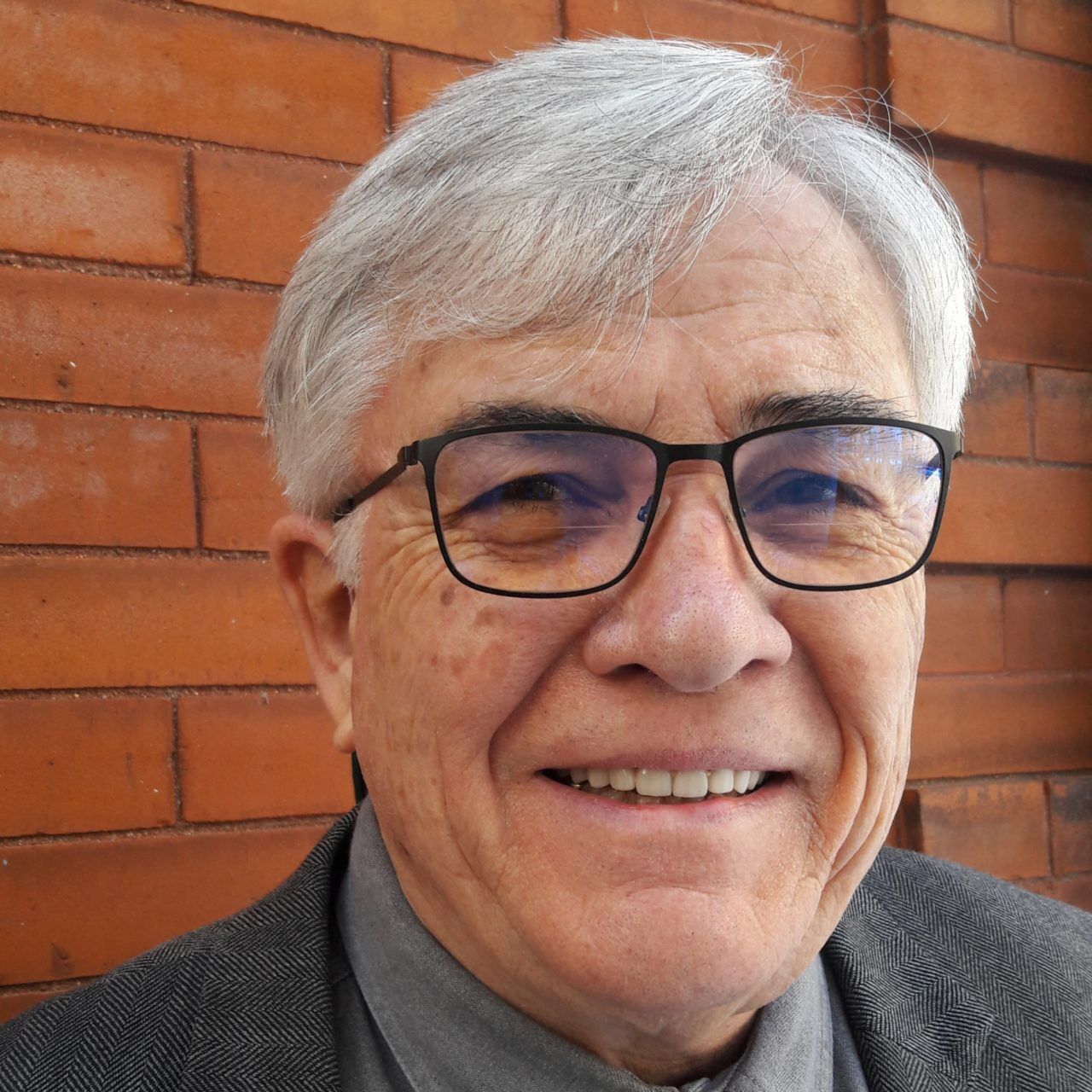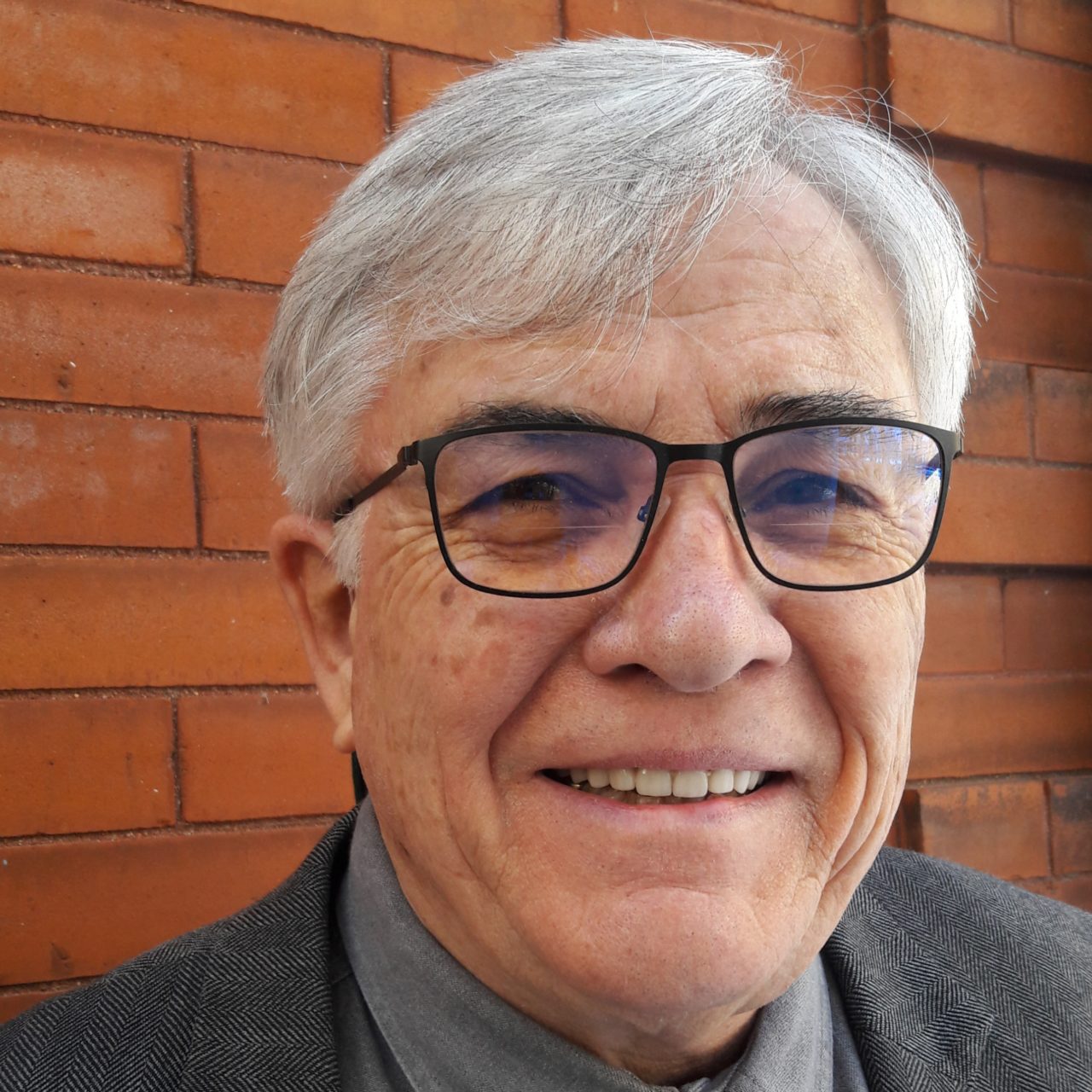HUDSON | The naive arrogance of political Hotspurs


There is a rhythm to our national politics that has produced a pendulum swing between Democratic and Republican Presidencies since the Second World War. While not perfectly timed, this pattern of alternation has limited each party to no more than a pair of consecutive Presidents. Until 1994, however, Democrats dominated both chambers of Congress with only rare and brief Republican majorities over half a century. Now that Newt Gingrich has been fingered by Congressional historians as the culprit who triggered an era of partisan division that has descended into a nadir of nastiness, it’s hard to recall his ascendancy was not viewed as a catastrophe at the time.
Democrats had enjoyed virtually unchallenged power for so long that committee chairmen served as virtual potentates, free to shape public policy within their respective domains as they damn well pleased. No better example existed than Rep. John Dingell of Detroit, whose career would end as the longest ever served in the House (59 years). Little wonder, as chair of the Energy and Commerce Committee, Dingell ruled like royalty – treating those who approached him for favors as serfs. Even Democrats had experienced the condescension of these seniority bulls. When Gingrich opted to humiliate them with a campaign of revenge, some, like Colorado’s Pat Schroeder, headed for the exits in 1996.
I only recount this tale because it appears the predicted chickens of term limits may finally be returning home to roost in the Colorado Legislature. I would be remiss if I didn’t point out that it was primarily Republicans who thought term limits would prove a grand idea. The perverse consequences of term limits have been that the average legislator now serves more years (the fully permitted four terms in the House or two in the Senate) than legislators ever did prior to limits. It’s true there is no longer the handful of fossils who served for 20 or 30 years, but they were rarely a problem. For the most part they carried institutional knowledge that could prove invaluable to newly elected Hotspurs.
Whether term limits have contributed to recent Democratic majorities under the Gold Dome is probably best left for analysis by statisticians. On occasion correlation may not be causation, but neither can it be merely coincidence. Critics of term limits predicted they would produce at least two adverse consequences. First, legislative influence would move away from legislators to staff and lobbyists who would serve as the guardians of legislative memory. Who else would advise the eager beavers that their bright ideas had been tried and failed? Second, long-range planning and investment would be limited to an eight-year time horizon, more likely four to six years as legislators need a first term or two to hone the skills required to devise and then successfully carry a major policy proposal.
We only have to consider the dismal state of Colorado’s highways to recognize the truth of this latter proposition. When voters rejected a nickel increase in the gas tax at that same 1992 election, Gov. Roy Romer, a Democrat, instructed his Cabinet, “We aren’t wasting any more time or effort chasing highway funding. We’ll leave that for the next Governor.” Four more guys have continued to kick Romer’s can down the road without filling any potholes in the process. While power did not transfer to staff and lobbyists to the extent originally feared, this has been more because legislators ignore the expertise available to them.
On both sides of the aisle, the notion of gathering stakeholders together prior to drafting legislation has become a lost art. This results in bills drafted without input that could identify pitfalls and build consensus for a proposal. There are exceptions, but the habit of mentorship has also evaporated. When a sophomore legislator, someone both competent and thoughtful, was appointed a committee chair several years ago, I asked her whether she was meeting with Democratic sponsors before scheduling their bills for hearing. Her response was, “Why should I do that?” My reply was, “Because that’s your job as Chairperson – to see that Democratic bills come out of your committee.” Traditionally, committee Chairs also control witness testimony. As a matter of courtesy, witnesses usually alternate between supporters and opponents– for and against.
Recently hearings have abandoned this pattern by scheduling supporters first, followed by critics – in one case requiring opponents to wait until 1:30 a.m. That isn’t a public hearing, that’s a sham. While COVID has made it possible to schedule distant witnesses, if you limit their Zoom testimony to just two minutes it is far too easy to summarily cut them off however compelling their remarks. Recently, senior citizens were held until 11 p.m. before being called to speak. A pendulum swing is in order. It’s well past time for Democratic and Republican leadership to revisit legislative testimony rules.
Miller Hudson is a public affairs consultant and a former Colorado legislator.












